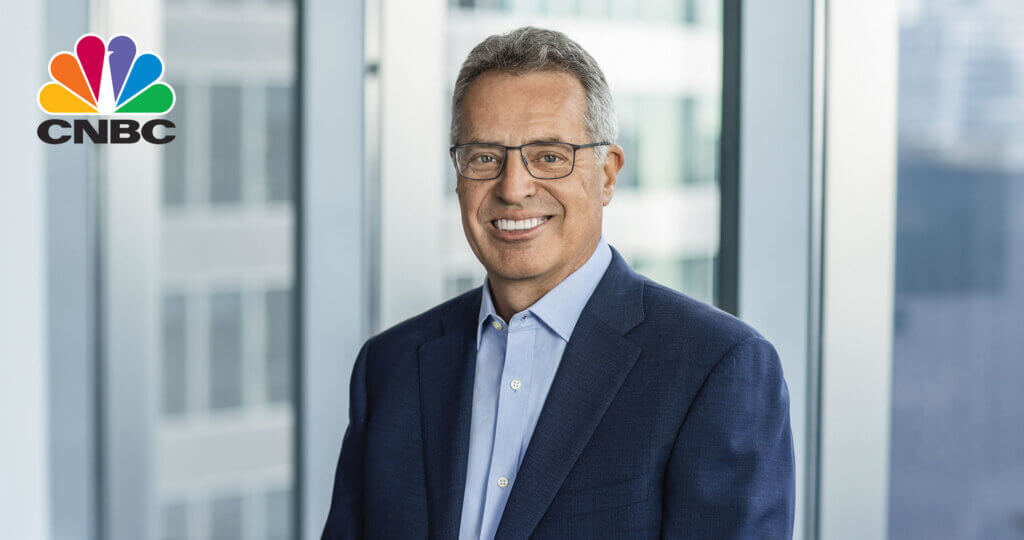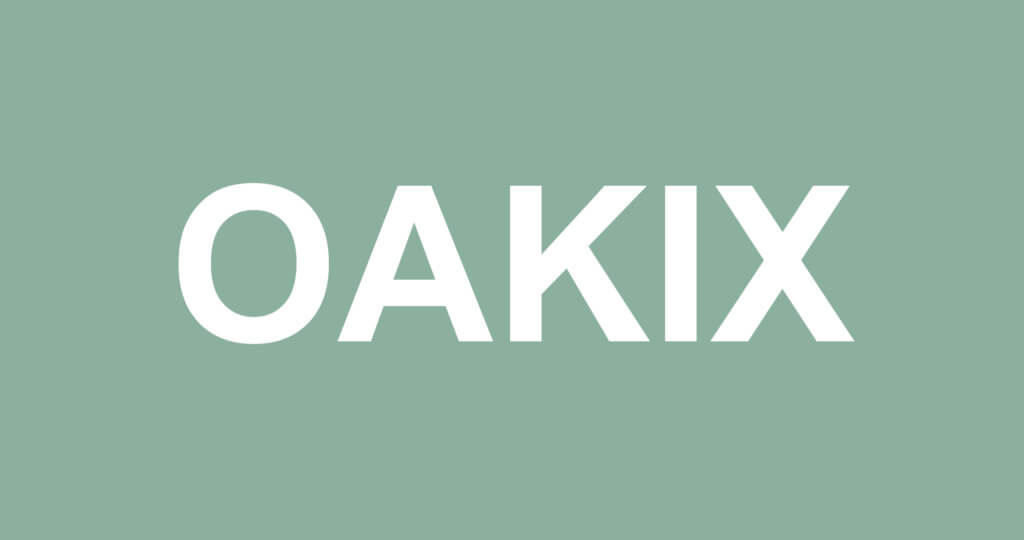
At Harris Associates, we believe there is no better way to convey confidence in our stock-picking abilities than to invest in our own funds. Each year we voluntarily disclose the total assets that the firm’s employees, our families and the Funds’ trustees have invested in the Oakmark Funds; as of December 31, 2016, that number is over $400 million, reflecting significant share purchases during the past year. In the words of Warren Buffett, “To be successful in business and investing, you’ve got to have skin in the game.” The Oakmark Funds family, incepted in 1991, was born out of that idea: The partners at Harris Associates wanted to start mutual funds in which they could invest their personal money with the same long-term, value-investing approach successfully employed in the firm’s client accounts.
One of our central investment tenets is to buy stock in companies that have management teams whose interests are aligned with their shareholders. We look to buy stock in businesses with management teams that think and act like owners as demonstrated in their capital allocation decisions and ownership structure. We like to see management teams invested right alongside us, or if not possible, they must be properly incented to grow shareholder value. Internally, we abide by that same manager-shareholder alignment tenet by investing our own dollars in our own strategies.
In 2005, the U.S. Securities and Exchange Commission (SEC) began requiring mutual funds to disclose portfolio managers’ personal investments in their funds. Three years after the SEC requirement was announced, however, Morningstar completed a study which found that 47% of U.S. stock funds reported zero investment by their portfolio managers.1 Even more concerning, 61% of foreign-stock funds and an astounding 71% of balanced funds also reported zero investment.1
The question stands: Is a higher ownership level indicative of better fund performance? Morningstar found that it is certainly a positive indicator. In the five years since Morningstar completed the ownership study, they watched how the funds in the study performed and calculated success rates based on “what percentage survived and outperformed their category peers.” Simply put, researchers found that funds in which managers had nothing invested produced the lowest success rate, while those in which $1 million+ was invested by a manager had the highest. The study went into more detail, breaking it down by asset classes. For example, Morningstar found that the widest range in success rate was within balanced strategies: Those funds with greater than $1 million invested by their own management enjoyed an 85% success rate, while those with zero management dollars invested dropped to a 32% rate.2 We agree with the author of this study—that manager ownership is a signal of the managers’ commitment to shareholders and can be seen as an expression of faith in the funds they run. As such, we are proud that the Oakmark Funds each include over $1 million of the fund managers’ personal investments, representing a significant portion of their investable assets.
Harris Associates’ conviction in our investment style has not wavered through the recent periods of market weakness. In fact, we think that a measurable spread has grown between the prices of businesses and what they are fundamentally worth, which has created buying opportunities that many partners, fund managers and employees of the firm are taking advantage of by purchasing additional shares in the Funds. At Harris, we believe that having substantial skin in the game fosters stewardship of the Funds—a responsibility we take very seriously. We are encouraged by Morningstar’s report on the positive correlation between success rates and ownership levels; we seek this level of dedication within the companies in which we choose to invest, and elect to hold ourselves to the same standard.
1Russel Kinnel. “Do Managers Eat Their Own Cooking?” Morningstar FundInvestor, 2008.
2Russel Kinnel. “Why You Should Invest With Managers Who Eat Their Own Cooking.” Morningstar Advisor, 2015.
The Oakmark Equity and Income Fund invests in medium- and lower-quality debt securities that have higher yield potential but present greater investment and credit risk than higher-quality securities. These risks may result in greater share price volatility. Harris Associates L.P., the Fund’s adviser, contractually agreed to limit Oakmark Equity and Income Fund’s annual expenses to 1% of its average net assets through January 31, 2002. Absent this expense limitation, the Fund’s total return would have been lower.
Because Oakmark Select Fund and Oakmark Global Select Fund are non-diversified, the performance of each holding will have a greater impact on the Funds’ total return, and may make the Funds’ returns more volatile than a more diversified fund.
Oakmark Global, Oakmark Global Select, Oakmark International and Oakmark International Small Cap Funds: Investing in foreign securities presents risks which in some ways may be greater than U.S. investments. Those risks include: currency fluctuation; different regulation, accounting standards, trading practices and levels of available information; generally higher transaction costs; and political risks.
Oakmark, Oakmark Equity & Income, Oakmark Global, Oakmark International Funds and Oakmark International Small Cap: The Funds’ portfolios tend to be invested in a relatively small number of stocks. As a result, the appreciation or depreciation of any one security held will have a greater impact on the Funds’ net asset value than it would if the Funds invest in a larger number of securities. Although that strategy has the potential to generate attractive returns over time, it also increases the Funds’ volatility.
Oakmark International Small Cap Fund: The stocks of smaller companies often involve more risk than the stocks of larger companies. Stocks of small companies tend to be more volatile and have a smaller public market than stocks of larger companies. Small companies may have a shorter history of operations than larger companies, may not have as great an ability to raise additional capital and may have a less diversified product line, making them more susceptible to market pressure.
The discussion of the Fund’s investments and investment strategy (including current investment themes, the portfolio managers’ research and investment process, and portfolio characteristics) represents the Fund’s investments and the views of the portfolio managers and Harris Associates L.P., the Fund’s investment adviser, at the time of this article, and are subject to change without notice.
The Oakmark Funds are distributed by Harris Associates Securities L.P. Member FINRA. Before investing in any Oakmark Fund, you should carefully consider the Fund’s investment objectives, risks, management fees and other expenses. This and other important information is contained in a Fund’s prospectus and summary prospectus. Please read the prospectus and summary prospectus carefully before investing. For more information, please visit https://oakmark.com or call 1-800-OAKMARK (625-6275).




